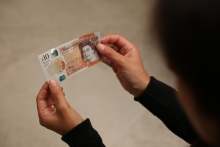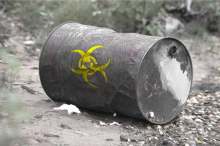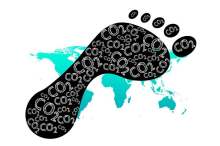2. Does the bank have an ethical investment or lending policy?
In order to know what your bank is investing in, it needs to have an investment policy, and this needs to be easily available to customers.
What is an ethical investment policy?
An ethical investment or lending policy can include positive and negative screening.
Positive screening is where a bank chooses to proactively lend to organisations making a positive contribution towards social or environmental benefit e.g. renewable technologies.
In contrast, negative screening seeks to specifically exclude other investments that are considered harmful e.g. oil extraction, arms, human rights abuses, animal exploitation, and tobacco.
An ethical investment policy will address social and environmental issues and apply to all the assets held by the company group – not just those in ethical funds or products.
Do mainstream banks have ethical investment policies?
Our research has found that the ‘big five’ do not have transparent ethical investment policies and all have investments in fossil fuels.
Do building societies have ethical investment policies?
Building societies are generally less likely to be investing in unethical industries and business practices, partly because their focus is on loans and mortgages for individuals or small companies.
Do app-based banks have ethical investment policies?
Our guide to current bank accounts also looks at newer app-based banks. In general they do not currently make large corporate loans or investments, and therefore are not directly funding destructive industries like arms and fossil fuels.
Some of these newer banks score reasonably well in our bank account guide, so if you are thinking of switching to them ask if they have an ethical lending policy.
Is the bank involved in positive change?
You can see if your bank is a member of the Global Alliance for Banking on Values (GABV). The GABV is a network of banking leaders from around the world committed to advancing positive change in the banking sector including transparency of their investments.
In the UK the Charity Bank, Ecology Building Society, and Triodos are members.







